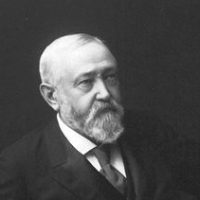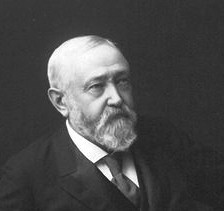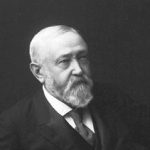Commentary by Jonathan Matthes

Benjamin Harrison is not often remembered. He’s just one of those bearded guys, right?
Theodore Roosevelt never has that problem. We all know Teddy. Harrison did, too. Harrison gave Roosevelt his first federal government job.
He described Roosevelt as someone who “wanted to put an end to all the evil in the world between sunrise and sunset.”
Managing Roosevelt, Harrison would find, was like trying to place a muzzle on a lion. Teddy would simmer and steam that Harrison was holding him back. He would lash out and snip at the president, saying he wasn’t progressive enough. Harrison would roll his eyes.
But their presidencies would have a lot of similarities.
Harrison set the table for several of Roosevelt’s later accomplishments. Harrison signed the Sherman Antitrust Act, which Roosevelt used to break up the monopolies controlling America’s infrastructure.
Harrison signed the National Forest Reserve Act that set aside 13 million acres of land, a model that Roosevelt would follow with his national parks.
But table-setters are rarely remembered.
Benjamin Harrison died in Indianapolis March 13, 1901. Eighteen months later, President Theodore Roosevelt made a campaign visit to Indianapolis. Though busy, Roosevelt found a moment to slip away.
No cameras, a rarity for him. This mission was not for the papers. It was personal. Just he, a driver and a floral wreath. The destination was Crown Hill Cemetery and the grave of his old boss. He laid the wreath on the grave, took a few moments and left. A passerby asked him what he was doing.
Roosevelt replied, “I had to pay respect to my old chief.”




